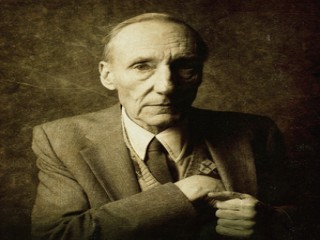
William S. Knowles biography
Date of birth : 1917-06-01
Date of death : -
Birthplace : Taunton, Massachusetts, U.S.
Nationality : American
Category : Science and Technology
Last modified : 2011-09-16
Credited as : chemist, chirally catalysed hydrogenation reactions, Nobel Prize for Chemistry
0 votes so far
Knowles attended boarding school in Berkshire, Massachusetts. He led his class academically.[2] Upon graduating high school, he was admitted to Harvard University after passing the College Board exams. Feeling that he was too young to go to college, Knowles spent a year at a prep school in Andover, Massachusetts. At the end of the year, he captured his first award in chemistry, the school's $50 Boylston prize.
After his year in prep school, Knowles attended Harvard, where he majored in chemistry, focusing on organic chemistry. He received his undergraduate degree in 1939, and attended Columbia University for graduate school.
Awards:
ACS Award for Creative Invention 1982
ORCS Paul N. Rylander Award 1996
Nobel Prize for Chemistry 2001 (with Ryoji Noyori and K. Barry Sharpless)
Monsanto Distinguished Science Fellow (1970-86)
Monsanto Senior Scientist (1966-70)
Monsanto Group Leader (1952-66)
Monsanto Research Chemist (1944-52)
Monsanto Research Chemist, Thomas and Hochwalt (1942-44)
Draft Deferment World War II
















